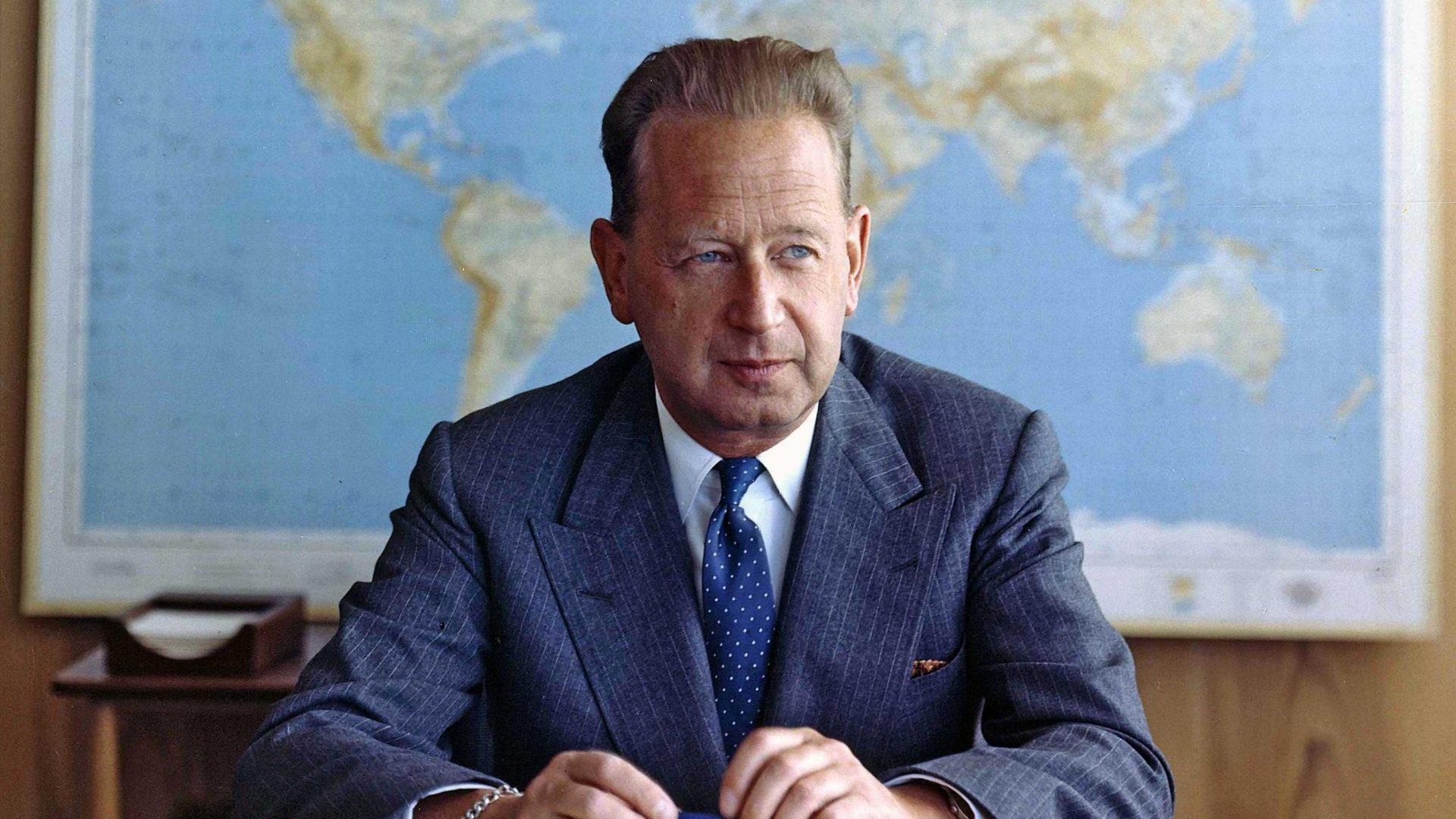
Having a drink outside the Comedy Pub in London’s West End, I got chatting to one of the leads in the farce that’s playing – suitably enough – at the Prince of Wales Theatre in the street parallel: The Windsors: Endgame. To save their fiery blushes I won’t say which actor it was, or which role they’re playing, but it being the first thespian I’d spoken to since the pandemic began I pumped them for all they had: What was it like playing to a socially-distanced house? Weird. Did they feel anxious about the virus themselves? Yes. Had they been personally affected by the pandemic? Yes. Were the cast still able to provoke genuine merriment in their audiences..?
At this, a cloud passed over my interlocutor’s fair and freckled visage. “Well,” they pronounced in worried tones, “there’s a scene in the play where Meghan Markle arrives and like a sort of knight in shining armour hacks her way into the heart of this deeply dysfunctional family and saves Prince Harry… And the thing is, when we were in rehearsal and putting the script together, the assumption was that this would be a great feel-good moment, and that all the audience would cheer her on, but I dunno…” they shook their rubious locks “…the audiences we’ve been having this summer have reacted quite differently. The second Meghan comes on stage they begin booing and catcalling… Frankly, we don’t know what to do about it.”
I shared with them what such folk are called in New York: “Bridge and tunnellers”, then explained that this epithet carries with it the assumption of pallid and mono-cultural suburbanites in town for a night to remember at whatever cost. I don’t know if this was any comfort, though, they still looked pretty down in the mouth as they yomped back across the road and through the stage door. Multicultural Man – as regular readers of his lucubrations will know – has absolutely no time for any of the Windsors, while never ceasing to be amazed at the way – like some dread iceberg of a social hierarchy – their surly gravity continues to exert vastly disproportionate pressure on the ulterior regions of our buoyant class system.
In an interview with La Repubblica described in the august pages of The Guardian as ‘wide-ranging’, the two-time Booker laureate Hilary Mantel expressed not dissimilar opinions to my own – which was heartening. Mantel said of the Windsors’ long-running real-life performance: “The popularity of the monarchy as an institution is something that baffles me… I don’t want to think that people are naturally slavish, and actually enjoy inequality… I might breathe easier in a republic, and may be able to arrange it. I hope to loop back into my family story and become an Irish citizen.”
No doubt the legions of fans Mantel has garnered with her famous and justly-feted novels set in the court of the English monarchy will cheer her on, but if this were a nation of churls rather than slaves, some of us might point out that in Ireland she’ll pay no tax at all on earnings from the sales of her works, which continue to be… large, and largely in this country. I realise I risk sounding catty – she and I have form, having been in contention for one of those Bookers – but then can’t a cat look at a queen? And it does seem rich of her to attack the British monarchy given she bent the knee to receive first the honour of becoming a Commander of the British Empire (in 2006), and then, in 2014, made further obeisance to this slavish institution in order to style herself Dame Hilary.
Back in the day one of her hopefully soon-to-be-fellow countrymen typed England as “the native land of the hypocrite”; if the closer – and even more irenic – ties facilitated between Poblacht na hÉireann and the United Kingdom of Great Britain and Northern Ireland by virtue of their joint-membership of the European Union are now to entirely unravel – despite whatever Boris Johnson says on the matter – let it not be at the expense of the free trade in hypocrites between our two nations. For while not in any way wishing, slavishly, to imply that the Irish haven’t their own great and noble tradition of arrant hypocrisy, I think it fair to say that pedagogy thrives in more or less direct correlation to propinquity, and in the light of this it becomes difficult to conceive of a contemporary Hibernia not immeasurably enriched by the supreme sanctimony of its former colonial rulers.
Because let’s face it, it’s one thing to commit terrible abuses against your own population – such as the Magdalene laundries – while maintaining a façade of state-sanctioned piety to the rest of the world; but it’s quite another to go to distant lands with vastly different cultures, and to exact the same sorts of depredation against their peoples, thus forcing them – like Mantel’s own ancestors – to migrate. The Tudors oversaw the beginning of English imperialism by laying waste to Ireland – perhaps fiction will prove happily stranger than fact, and Dame Hilary’s ‘looping back’ into her family story (a form of cultural restitution, no less) will mark its definitive end. Bon voyage, or possibly, Tiocfaidh ár lá .


